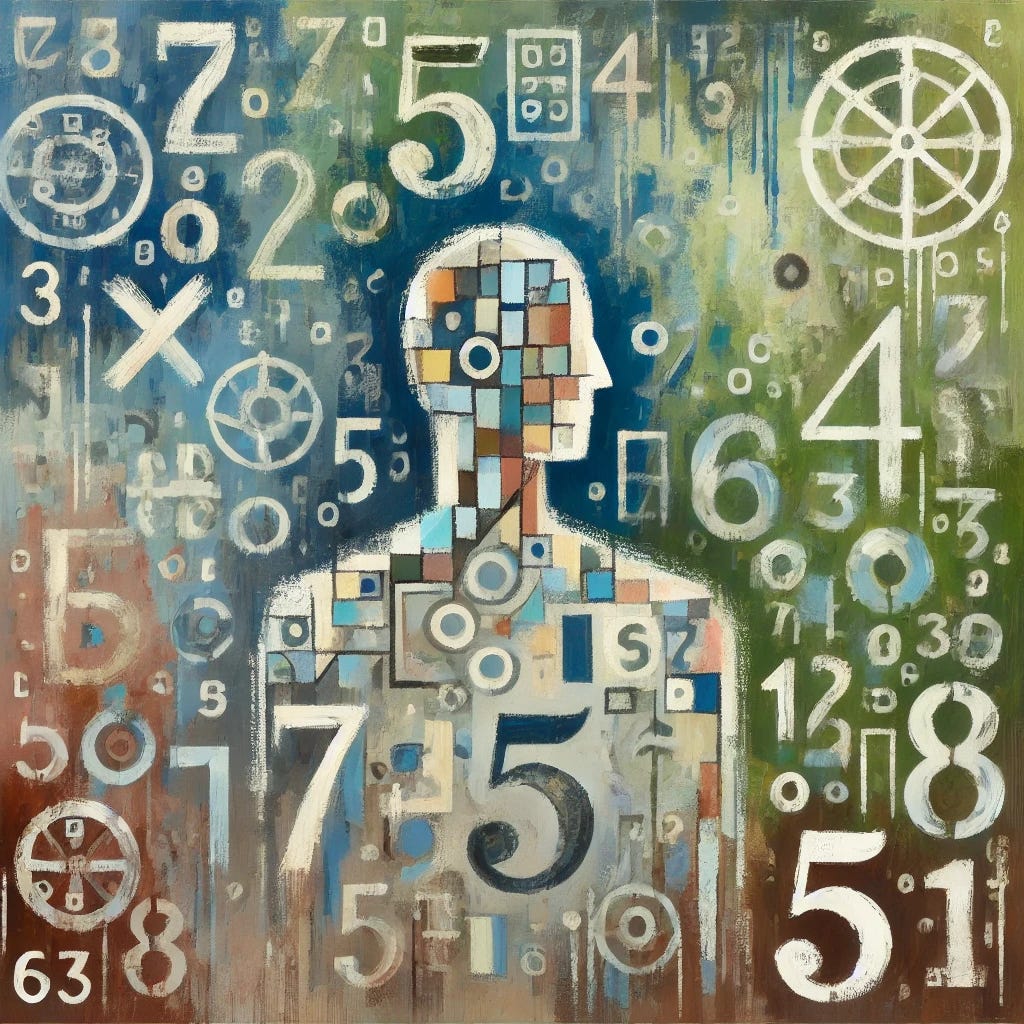Erwachsene werden dümmer
Are you smarter than a ten-year-old? New data suggest that a shockingly large portion of adults in the rich world might not be. Roughly one-fifth of people aged 16 to 65 perform no better in tests of maths and reading than would be expected of a pupil coming to the end of their time at primary school, according to a study released on December 10th by the OECD, a club of mostly rich countries. Worse still, adults in many places have grown less literate over the past ten years.
The OECD’s “Survey of Adult Skills” is carried out only once a decade. The researchers arranged for 160,000 adults in 31 countries and regions to sit short tests in numeracy, literacy and problem-solving.
The declines are concentrated among the least proficient, who seem to be scoring even lower than they did before. In many countries, the gap between the most- and least-skilled people is widening.
Increased migration offers some explanation. Non-native speakers tend to do worse in tests that involve juggling words. Ageing populations do not help: the data suggest that numeracy and literacy peak at 30 or so. But even when these changes are accounted for, literacy scores in lots of countries are falling. Andreas Schleicher, head of education and skills at the OECD, speculates that adults are now getting less practice than they used to at reading long and complex texts. Blame TikTok.


